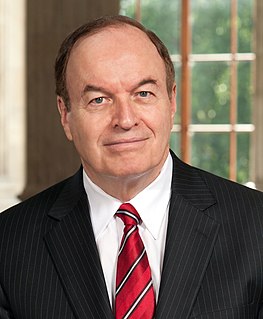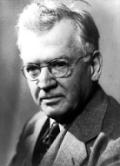A Quote by Ron Crumpton
Poverty should be one of the top concerns for any elected leader. It has a negative effect on almost everything we as society entrust our government to do, but it seems that those in the Republican Party find it is more politically viable to fight a war on the people in poverty than it is to fight a war to end poverty in this country.
Related Quotes
We're looking at the singular condition of poverty. All the other individual problems spring from that condition... doesn't matter if it's death, aid, trade, AIDS, famine, instability, governance, corruption or war. All of that is poverty. Our problem is that everybody tries to heal each of the individual aspects of poverty, not poverty itself.
No matter what the cause, even though it be to conquer with tanks and planes and modern artillery some defenseless black population, there will be no lack of poets and preachers and essayists and philosophers to invent the necessary reasons and gild the infamy with righteousness. To this righteousness there is, of course, never an adequate reply. Thus a war to end poverty becomes an unanswerable enterprise. For who can decently be for poverty? To even debate whether the war will end poverty becomes an exhibition of ugly pragmatism and the sign of an ignoble mind.
By repealing the Child Poverty Act, which forced governments to take real action to tackle child poverty, this government brings a proud chapter of British history to an undignified end. In future the government will measure child poverty not by looking at whether they have any money, but by looking at their so-called 'life chances.'
Liberals cling to the idea that critics of welfare are motivated by greed or callous disregard for the less fortunate. In fact, during the twenty-five years that followed Lyndon Johnson's declaration of war on poverty, U.S. tax payers spent $3 trillion providing every conceivable support for the poor, the elderly, and the infirm. Private foundations spent scores of billions more, and private and religious charities even more. Nevertheless, as Ronald Raegan later quipped, 'in the war on poverty, poverty won.'





























